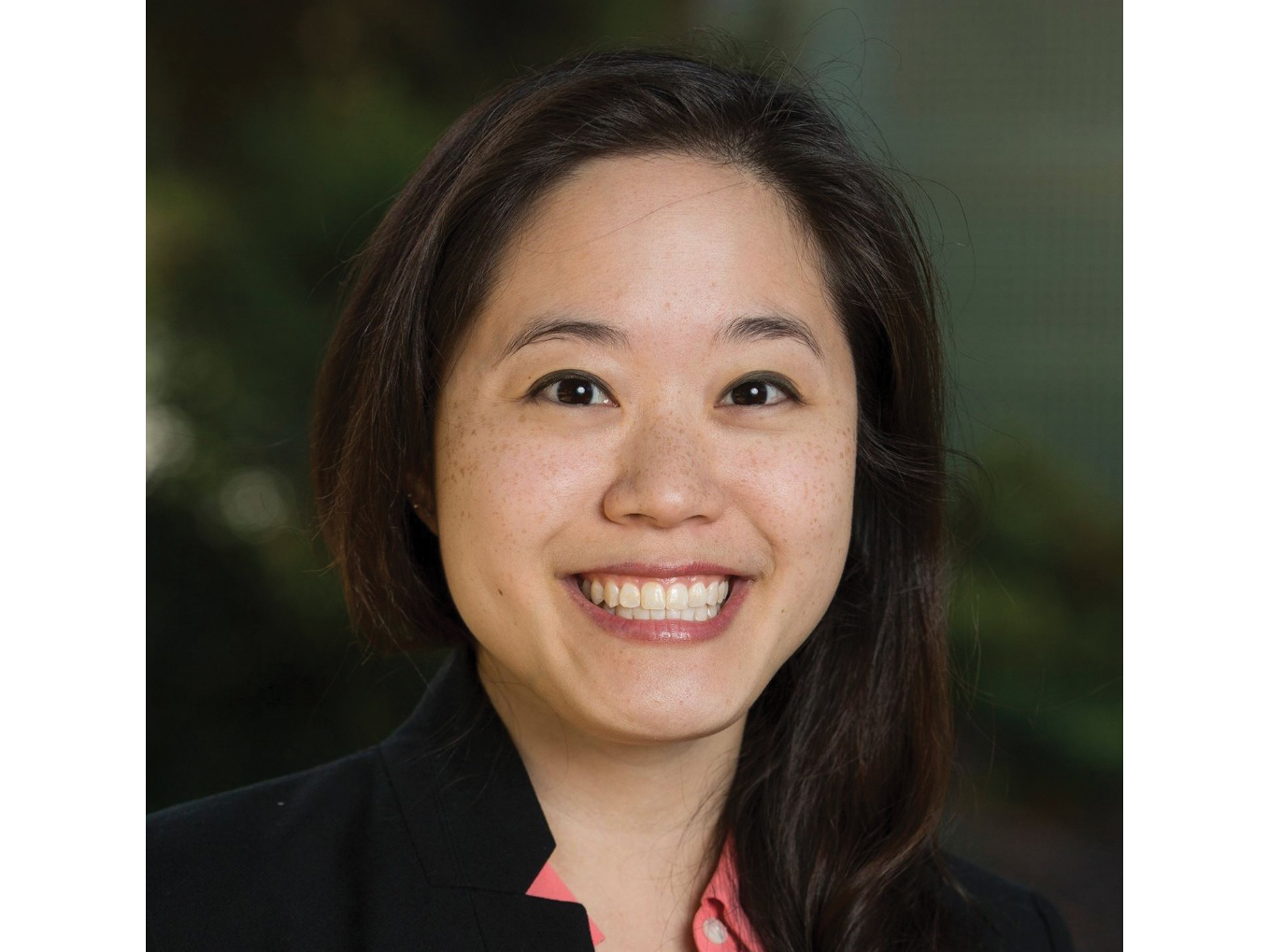
On Monday, April 24, UCR psychology professor Rachel Wu and her colleagues, Mental Health Professor George Rebok from John Hopkins University and Nursing Professor Feng Vankee Lin from University of Rochester Medical Center, published a new theory on cognitive development from adolescence to adulthood. The theory states that if adults continued to learn about new subjects through the same practices they used as children, they can then redefine what it means to be an “aging” adult.
The theory is based on 14 years of research on infants and children. While reviewing literature on infant and child development, Wu said they were surprised that the current research only explains the development and growth of maintenance and decline stages of an individual’s cognitive ability. They realized there was a gap in the explanation of what occurs in between these stages, which led them to formulate their theory. The group of researchers are currently conducting studies to further test this theory.
From their research of related literatures, they learned that, as adults, people do not learn as much as they did when they were infants and children. The most surprising thing that Wu learned was that the “aspects of normal cognitive aging may be self-imposed.”
The researchers identified six aspects that appear in the learning environments of infants and children that allow for them to improve their cognitive ability:
- Open-minded, input-driven learning (learning new patterns, new skills, exploring outside of one’s comfort zone).
- Individualized scaffolding (consistent access to teachers and mentors who guide learning).
- Growth mindset (belief that abilities are developed with effort).
- Forgiving environment (allowed to make mistakes and even fail).
- Serious commitment to learning (learn to master essential skills rather than hobbies, persevere despite setbacks).
- Learning multiple skills simultaneously (such as developing language, motor, visual and social skills).
Their theory explains that, in adult environments, people are not surrounded by the same learning conditions and these environments are typically not ideal for increasing cognitive abilities. However, adults can improve these conditions by doing and learning things outside of their comfort zone. By doing this, adults could have the ability to “increase cognitive abilities or even prevent cognitive decline,” says Wu.
Despite being “based on over five decades of research,” Wu says that the theory still needs to be tested through various studies. With their theory, Wu wants to encourage adults that they are able to learn a new skill at any age. In the past decade, Wu has taken her theory and applied it to herself by learning how to paint, play piano and sing; all skills she did not have prior to taking lessons.
Wu received her Ph.D. from Birkbeck, University of London in 2011. She has been at UCR since 2015 as an assistant professor of psychology. She currently teaches introduction to psychology and various upper-division psychology classes.
The researchers are currently conducting experiments to test the study. They are seeking adults aged 55 and older. Interested participants can contact UCRAgingStudies@gmail.com or (951) 827-5273 for more information.








